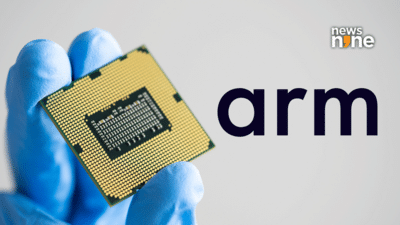
India’s semiconductor story added a new chapter this week. Union IT minister Ashwini Vaishnaw announced at the inauguration of the company’s new office, that some of the world’s most advanced chips, including 2 nanometer designs powering AI servers, drones, and smartphones, will be worked on in India. The project will be driven by ARM’s Bengaluru unit, which is already scaling up its workforce faster than anywhere else in the world.
The move highlights how India is not only a market for semiconductors but is also slowly becoming a place where the building blocks of global chip innovation are being designed. For engineers and students, it opens up new possibilities in a sector once considered far out of reach.
ARM’s Bengaluru centre takes leadRene Haas, chief executive officer of Arm Holdings, told the Economic Times that the Bengaluru site will be central to the company’s push into advanced chip design. He noted that nearly three-quarters of the people he met at the India centre were already working on compute subsystems, which combine multiple intellectual property (IP) blocks and resemble a near-complete chip.
“India is an amazing hotbed of talent for that kind of work,” Haas said, recalling how Texas Instruments set up a design centre in Bengaluru as far back as the 1980s. He also mentioned his visit to Pune during his Nvidia days, where he saw another large design hub.
Growth plans and hiring in IndiaHaas made it clear that India will see the highest headcount expansion compared to ARM’s teams in the US and UK. “This building is full; we plan to expand more. We will grow faster here than we do in other parts of the world,” he said.
The expansion aligns with a broader vision of building a local semiconductor ecosystem. “It is local companies with a local ecosystem developing products in India, for India, by India, which is a huge, huge opportunity,” Haas explained.
Partnership with government and startupsARM is also in talks with the Indian government to enable startups to access its technology, similar to an agreement it struck in Malaysia. Haas said, “We did something creative in Malaysia with an agreement with the government where they were the customers, where they allow startups to engage and get access to technology. There is no reason we could not do that with India.”